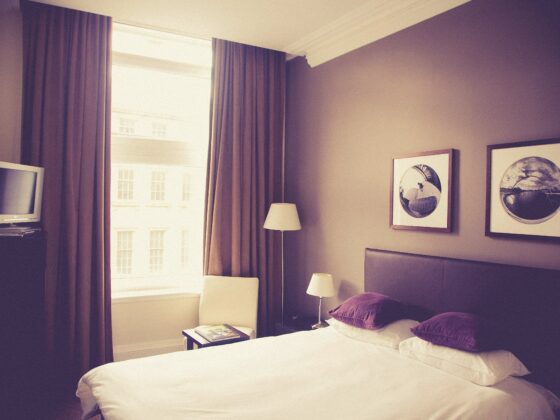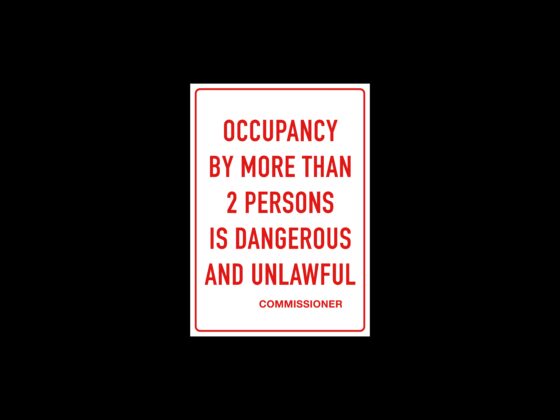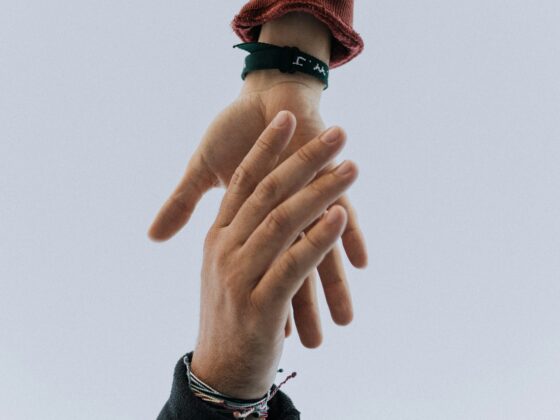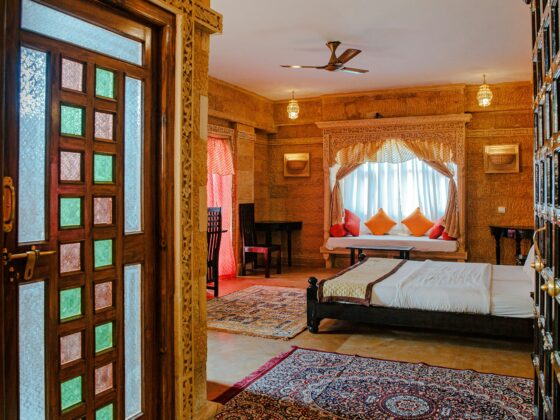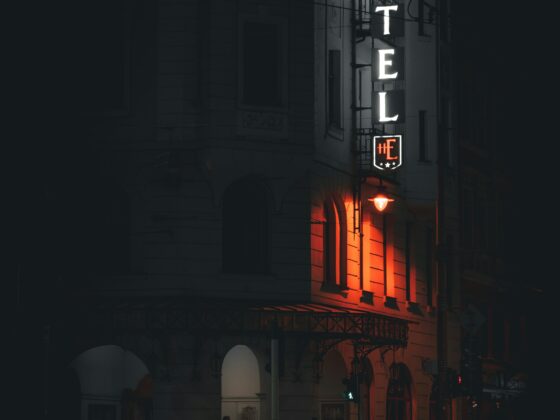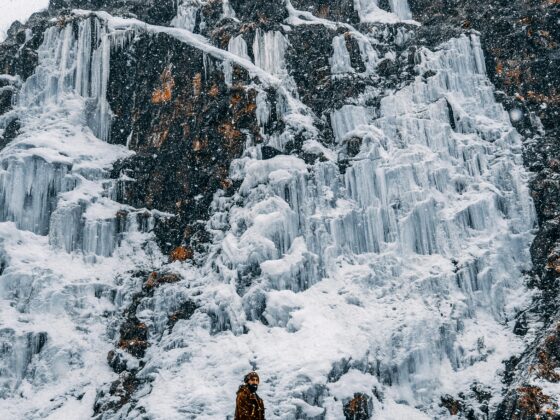This week, we’re seeing some sobering realities emerge in the Las Vegas market, reminding us that even in a city built on spectacle, the fundamentals matter. From tourism numbers to pricing strategies, the headlines suggest a period of reflection and adjustment. It’s not about a slowdown as much as it is a recalibration, with a sharp focus on value, technology, and the guest experience. Let’s get tucked in.
1. The Hospitality Frontier: Tourism Takes a Hit 📉
A new report from the LVCVA indicates a sixth consecutive month of declining visitor numbers for Las Vegas. While gaming revenue remains strong, the drop in overall tourism and the continued debate around high costs—from resort fees to expensive dining—are a significant concern for the city’s top tourism officials.
View from the Testbed: This is the big story, and it’s a critical one for our community. While high-end spenders are still gambling and driving up revenue, the data signals a potential disconnect with the broader leisure market. The “Vegas is too expensive” narrative isn’t just chatter; it’s showing up in the numbers. This is a moment for introspection, not just for the major operators, but for the entire hospitality ecosystem. How do we, as an industry, use technology and innovation to deliver more value and a more compelling experience without sacrificing our bottom line? The answer isn’t to just slash prices, but to re-engineer the value proposition. We need to be asking how our tech solutions can make a Las Vegas visit feel priceless, not just overpriced.
2. The Travel & Tourism: The “Pawn Stars” Prophecy 💰
Pawn Stars personality and local business owner Rick Harrison has publicly voiced his opinion on the city’s tourism decline, attributing it to a “COVID hangover” and what he calls “insane” hotel and casino prices. He argues that some properties have gotten greedy with fees and costs, pushing away the traditional visitor.
View from the Testbed: When a prominent local figure who sees thousands of tourists daily speaks up, it’s worth listening. Harrison’s take isn’t just a complaint; it’s an on-the-ground observation of a changing market. The concept of “financial Darwinism” he suggests is a powerful one. Businesses that fail to evolve and prioritize the customer experience are at risk. This is a clear call to action for every operator in town to look at their pricing and value from the guest’s perspective. It’s a reminder that true long-term success isn’t built on short-term price gouging, but on a consistent commitment to the customer.
3. The Casino Gaming: A New Deal for Virgin’s Sportsbook 🎲
Virgin Hotels Las Vegas announced a strategic partnership with William Hill to operate its sportsbook, replacing the previous operator. The move aims to leverage William Hill’s brand recognition and expansive mobile platform to enhance the property’s sports betting offerings.
View from the Testbed: This is a fantastic example of a smart, symbiotic partnership. In the modern gaming landscape, it’s not enough to just have a physical book; you need a robust digital experience to go with it. By teaming up with William Hill, Virgin is not only plugging into a well-known brand but also tapping into a massive user base and a mature mobile technology platform. This highlights a key trend: the future of gaming isn’t about being a siloed operator but about being a connected player in a larger tech-driven ecosystem. It’s a testament to the power of collaboration and a forward-thinking approach to guest engagement.
4. The Culinary & Hospitality: Restaurants Feel the Crunch 🍽️
The ongoing conversation about rising costs and shifting visitor behavior is also impacting the Las Vegas restaurant scene. A number of closures and a reduction in operating hours are being seen, with some properties struggling to maintain a 24/7 food and beverage offering.
View from the Testbed: The restaurant industry, with its notoriously slim margins, is a canary in the coal mine for the broader hospitality sector. The closures and reduced hours are a direct result of the economic pressures being felt in the market. The days of “cheap Vegas” buffets and round-the-clock dining may be a thing of the past for some properties. This forces us to consider the future of the F&B model. How can technology, like AI-powered forecasting or automated inventory, help restaurants survive and thrive in this new reality? The challenge is to innovate to become more efficient, not just to cut corners.
5. The Space Tech & Travel: A Cyber-Security Wake-Up Call ⚠️
A major cyberattack on Nevada’s state government systems has disrupted services for thousands of residents and raised concerns about data exfiltration. The incident has left state offices with limited access to internal systems, highlighting the critical need for robust cybersecurity measures across all sectors.
View from the Testbed: While not a hospitality-specific story, this is a massive reminder of the interconnected digital world we live in. The attack is a wake-up call for every business, especially those in hospitality and gaming that handle vast amounts of sensitive guest data. The potential for a similar breach to hit a major resort, impacting everything from guest records to digital payments and even in-room technology, is a very real threat. This is a story about the absolute necessity of digital hygiene and foresight. Investing in cybersecurity isn’t an expense; it’s a non-negotiable part of doing business in the 21st century.
6. The Technology: Zoox Resumes Robotaxi Testing 🤖
Zoox, Amazon’s self-driving vehicle subsidiary, has resumed testing its robotaxis on Las Vegas streets after a brief pause due to a software recall. The company’s continued presence signals the city’s role as a key testing ground for future mobility and technology.
View from the Testbed: This is a perfect example of how Las Vegas is a living, breathing laboratory for innovation. The resumption of Zoox’s testing isn’t just about autonomous vehicles; it’s about the future of ground transportation and the guest experience. Imagine a world where guests are whisked from the airport to their hotel seamlessly in a self-driving car. This is a technology that will fundamentally change how people move around our city and how we think about logistics and guest convenience. The fact that Las Vegas is a central hub for this development speaks volumes about our city’s embrace of the future.
Conclusion: The through-line in all these stories is a powerful reminder that while the Las Vegas brand is built on fantasy, the business is built on a solid foundation of value, technology, and guest experience. The current market signals aren’t a sign of decline, but a call for recalibration. We must leverage technology to become more efficient, more secure, and ultimately, to deliver a more compelling and valuable experience to a diverse and discerning customer base. It’s not about being bigger; it’s about being better.
Testbed Vegas is focused on industry creation for Las Vegas. Las Vegas is the prime location for technology companies who are focused on delivering products for the travel, hospitality and entertainment industries. Attracting over 42 Million Visitors per year and having almost 150,000 rooms, one of the busiest airports in the United States and known as the top meeting and convention destination in North America, Las Vegas is a major international destination, with a supporting skilled and industry oriented workforce, education hub and an economy enabled by technology at every level. Testbed Vegas was founded in 2018 by local entrepreneurs who are committed to making Las Vegas a global travel & hospitality innovation leader, and match it’s place as a leading international travel destination.
COPYRIGHT 2025 TESTBED VEGAS



